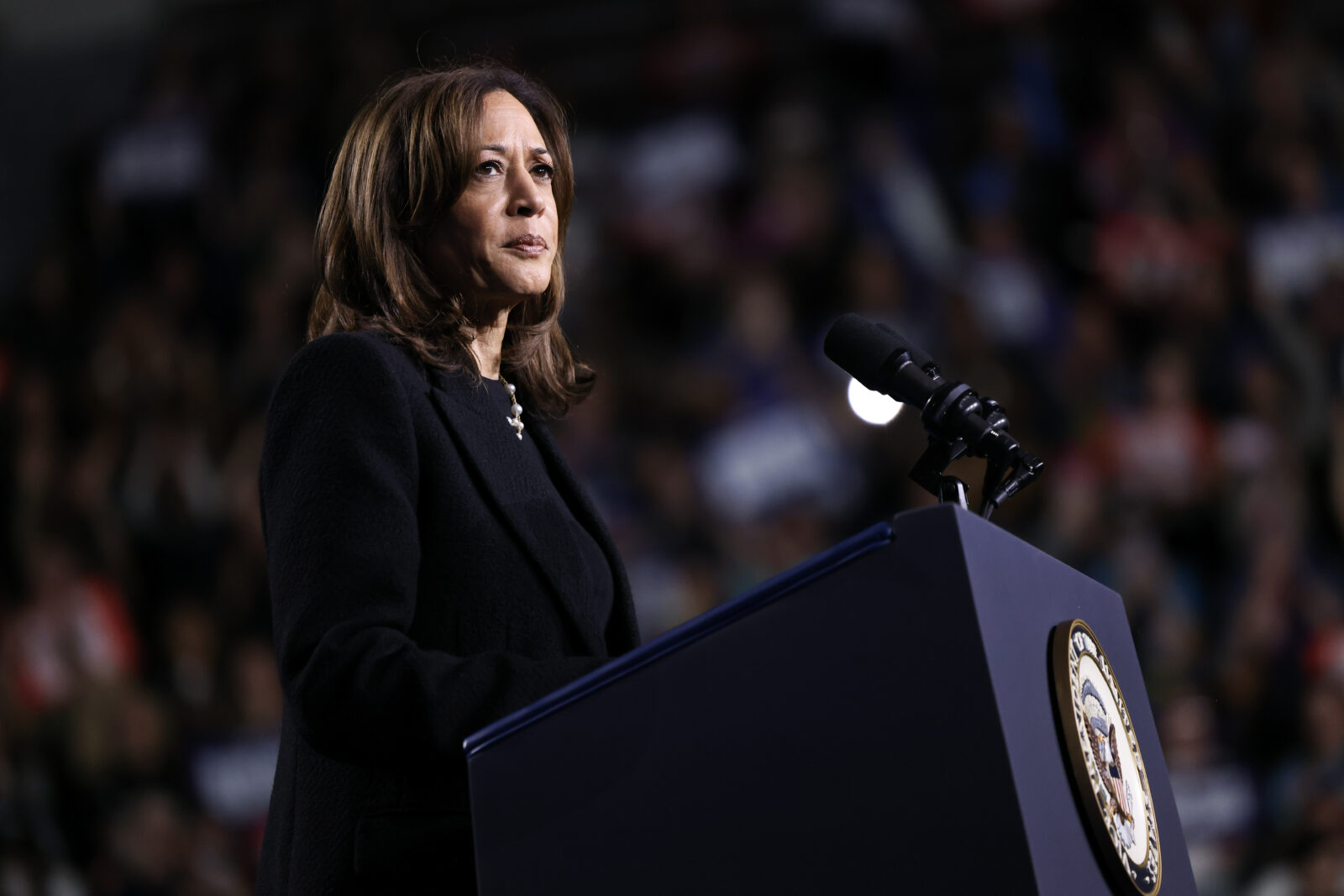
Michael M. Santiago/Getty Images
After Trump victory, Democrats debate what comes next
Whether Harris’ loss will usher in a move to the left or to the center is still an open question
As Democrats grapple with the reality of a second Trump presidency, they have already begun to bicker over what’s next for the party.
While former President Donald Trump’s 2016 victory led to shock and anger, galvanizing Democrats on the...






